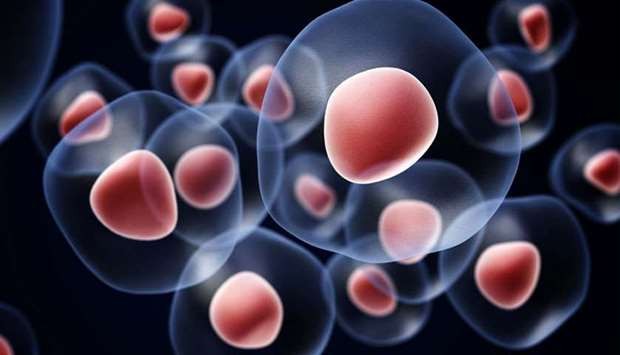
The new therapy is a variation of CAR-T, a cutting-edge immunotherapy currently used to treat leukemia, asthma, and some autoimmune diseases. Traditional CAR-T requires taking T cells from a patient’s body, growing and genetically modifying them in the lab, and then infusing them back into the body. The process is both expensive and lengthy, with costs that can exceed 1 million yuan (about $139,000) for a single treatment in China.
In a new study published in The Lancet, a team of experts at the Union Hospital of Tongji Medical University (Wuhan) used a genetically modified virus to inject directly into the patient's body. This virus will find T cells and program them to attack cancer cells without the need for intervention outside the body.
The research team asserted: “This is a ready-to-use product, no longer a drug formulated for each individual.”
In a phase 1 trial, the team treated four patients with multiple myeloma – the second most common type of blood cancer – with a single injection. The treatment took just 72 hours, rather than the 3-6 weeks of traditional CAR-T therapy. After a two-month follow-up, two patients achieved strict complete remission (the tumor lesions disappeared), and the other two achieved partial remission (the tumor shrank after 28 days).
A Chinese social media platform specializing in cell therapy called it “a milestone” in the field and said that if tested on a larger scale, the technology could completely change the current “custom medicine” model.
Previously, in June, the US company Capstan Therapeutics also announced the successful testing of a gene delivery system to create CAR-T in vivo on mice, with positive results in controlling tumors. However, China is the first country to apply this technique on humans.
Scientists consider this a breakthrough, opening up great prospects in popularizing immunotherapy to more patients, not only in treating cancer but also chronic diseases such as asthma and autoimmune diseases.
Source: https://baolaocai.vn/trung-quoc-cong-bo-lieu-phap-chua-ung-thu-gia-re-tiem-truc-tiep-post649232.html





![[Photo] General Secretary To Lam receives Chairman of the State Duma of the Russian Federation Vyacheslav Volodin](https://vphoto.vietnam.vn/thumb/1200x675/vietnam/resource/IMAGE/2025/9/29/3814a68959e848f586178624b6bd66e5)
![[Photo] Prime Minister Pham Minh Chinh meets with Chairman of the State Duma of the Russian Federation Vyacheslav Volodin](https://vphoto.vietnam.vn/thumb/1200x675/vietnam/resource/IMAGE/2025/9/29/08ca17cb0c46432dbdb94f9eaf73b47a)














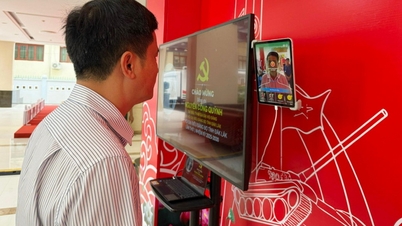



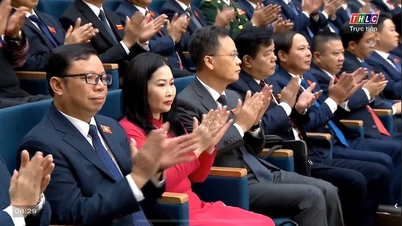





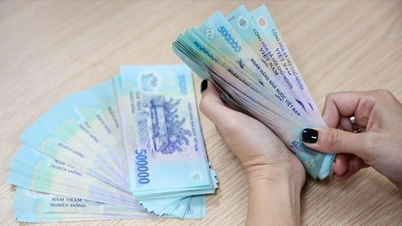

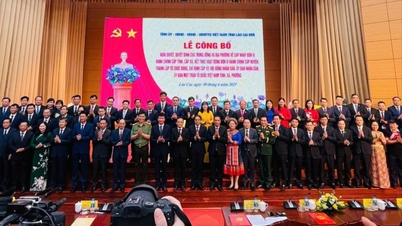





















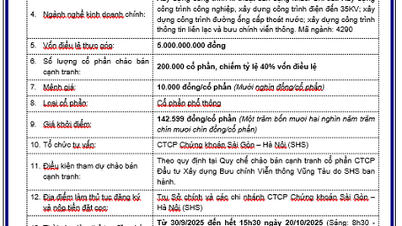
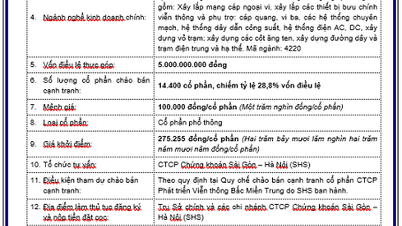

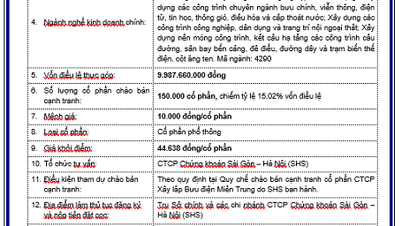














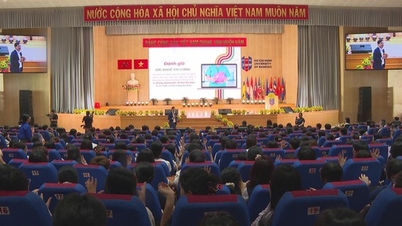
















Comment (0)